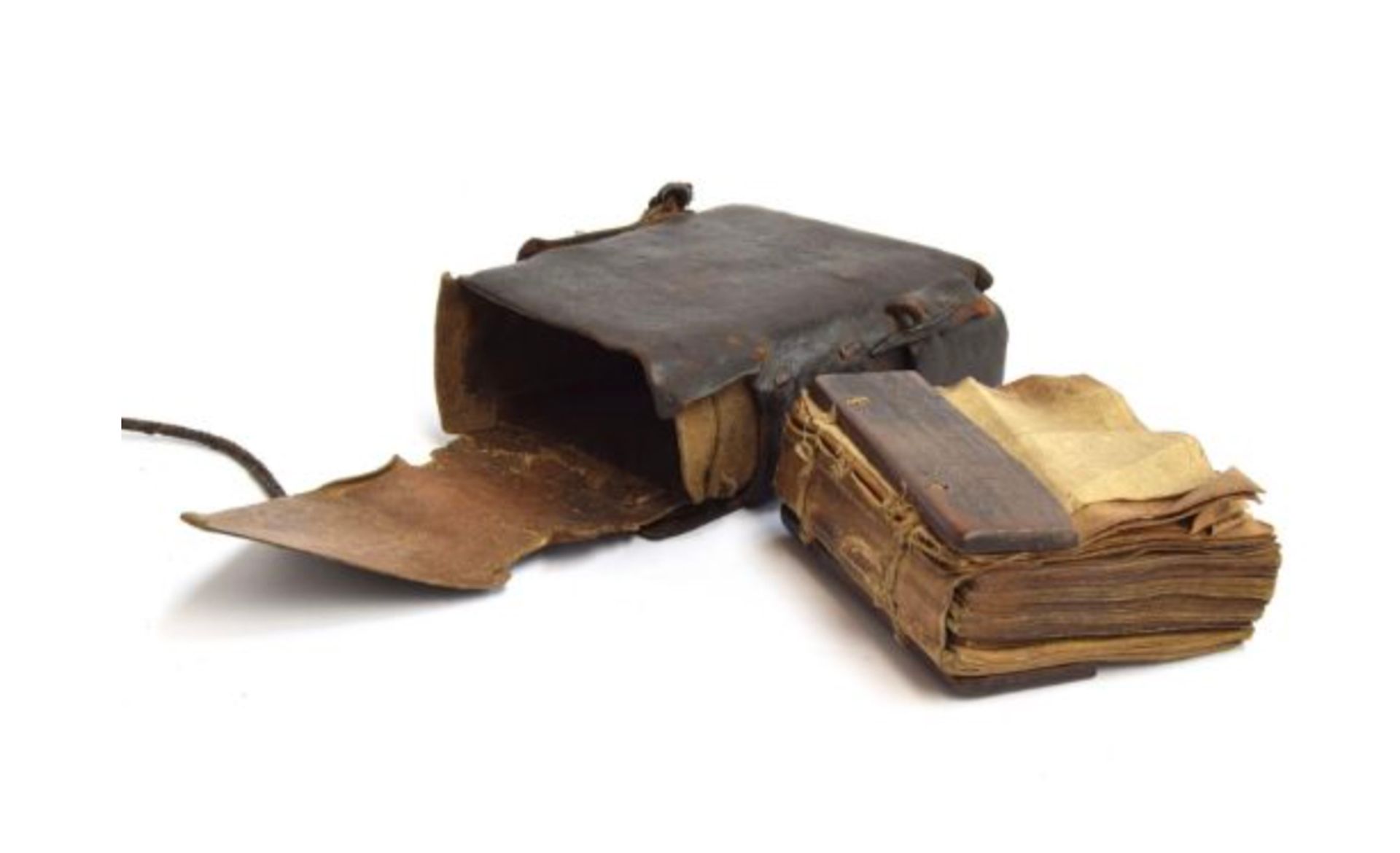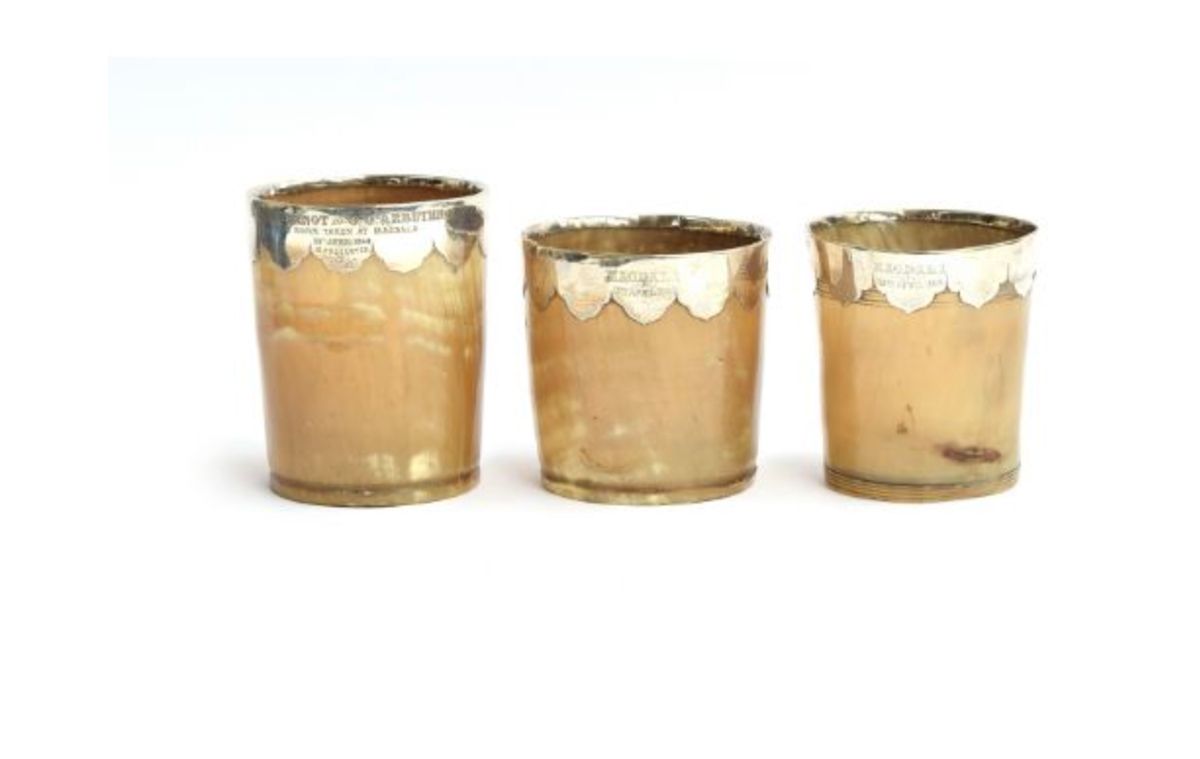The Ethiopian embassy in London has got an English auction house to withdraw two items which were looted by British troops at the battle of Maqdala (Magdala) in 1868. Busby, an auctioneer based in Bridport, Dorset, withdrew them today, just before tomorrow morning’s sale.
An embassy spokesman tells The Art Newspaper that he “cannot yet divulge the full details”, but “can confirm that a negotiated settlement has been reached which will facilitate the return of these items back to Ethiopia”. A Busby spokesman confirmed the embassy and the vendor had made “an arrangement”, hence the withdrawal.
Although the items are of modest financial value, the case is likely to have much wider implications. The withdrawal will discourage other UK auctioneers from handling Maqdala material and prices are expected to fall substantially.
The two items came from the estate of Major-General William Arbuthnot, the assistant secretary to Lord Napier, who commanded British forces at Maqdala/Magdala. This military expedition led to the defeat and suicide of the Ethiopian emperor.
The first lot was a Coptic Bible, dating from the early- to mid-18th century, bound in a leather purse, together with a metal cross. The opening price was £180, with an estimate of £300-£500.

The Coptic bible, dating from the early- to mid-18th century, is bound in a leather purse, together with a metal cross
The other lot was a set of three horn beakers, with silver mounts added in London in 1875. Two are inscribed “Magdala” and the third says “taken at Magdala”, with the Arbuthnot name. The opening price was £60, with an estimate of £100-£200.
The Ethiopian embassy in London wrote to Busby on 9 June, saying the two objects were “illegally obtained”. Beyene Gebremeskel, the deputy head of the embassy, said that “the looting of Magdala was a great injustice of the 19th century and persists as a scar on the otherwise warm and friendly relations between the peoples of Ethiopia and the United Kingdom”.
Busby’s Bible and beakers represent “a small, but important piece of the story,” Gebremeskel said. Auctioning them “is at best, unethical, and at worst, the continuation of a cycle of dispossession perpetrated by those who would seek to benefit from the spoils of war”.
Now that the Coptic Bible and horn beakers are very likely to be returned to Ethiopia, what remains unclear is whether the vendor will simply return them or receive some sort of financial recompense (although the middle estimate for the two items would have been a relatively modest £550). The horn beakers are likely to go to an Ethiopian museum, but the Bible may be returned to the Ethiopian Orthodox Church.


